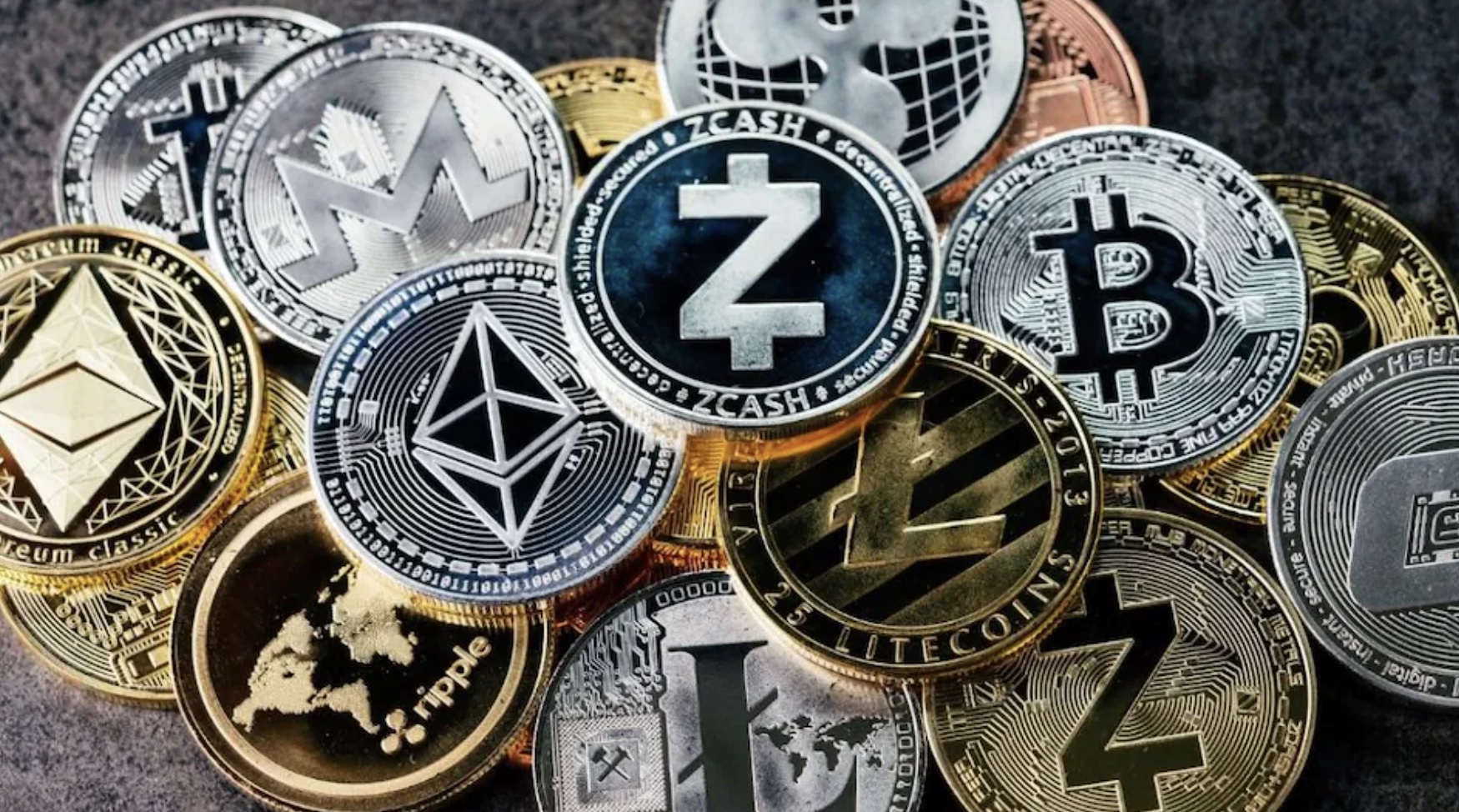After two months, Tho Vu felt like she was immersed in love. The 33-year-old customer service worker, who lives in Maryland, met “Ze Zhao” through a dating app, and said the two quickly fell in love with each other throughout the day on WhatsApp. She seems to have found a shoulder to lean on in her newfound friend – he calls her “little princess” and doesn’t forget to send her reminders to drink enough water each day. By October 2021, although they had never met in real life, the two had discussed where to buy a house, how many children to have, and he even hoped that she would give birth at home. . “I want you by my side when I do anything” – Zhao said in the message.You are as important to me as my mother.”
To earn money to live together, Zhao advised Vu to invest in Bitcoin. Vu was impressed by the rapid increase in the price of this cryptocurrency. Zhao also convinced Vu to buy Bitcoins on Coinbase, a popular American crypto exchange, before transferring them to an exchange chosen by Zhao. “Every time we made a deal, he kept saying over and over why we did this.” – Vu recounted. “He always said, ‘baby, for our future’“
It was only when Vu managed to withdraw the profits that she realized Zhao wasn’t real, and neither was the exchange he told her to transfer the money to. She personally sent her tokens directly to a group of professional scammers. This method of fraud is called “pig slaughter” – or crypto-romance – in which criminals accept to spend weeks to months in order to gain the trust of their victims. Vu said she lost about $306,000, including investment and additional fees that she thought were fees and taxes collected by the fake exchange. “It was one of the most painful events of my life“- Vu said.Not only did I lose all my savings, but the future I thought was going to be a new adventure turned out to be a lie.”

Follow crypto
Cryptocurrency scams, like the one in which Vu was a victim, are leading to an explosion of cybercrime. Sentiment scams, investment scams, digital wallet hacks, pyramid schemes, ransom attacks, and even digital art theft – the method can be different, but any time Once you realize you are a victim of cybercrime, there is a high chance that the incident is related to crypto.
According to a report from research firm Chainalysis, which tracks the path of cryptocurrencies across the internet, $14 billion worth of cryptocurrencies were sent to “illegal” wallet addresses in the last year, three times as much. compared to 2017. These digital wallets can be used to scam, sponsor terrorism, or pay for child abuse content. There are so many victims of crypto-romance that they have formed a group called the “Global Anti-Scam Organization” (GASO), of which Vu is a member. Last year alone, GASO said the amount of money victims lost due to fraud reached 73 million USD.
And if you include things like ransom attacks, the damage increases even faster. In February, Chicago-based financial firm Jump Trading had to pay $320 million to rescue its Wormhole crypto platform after a horrific attack. Meanwhile, the dizzying increase in the number of crypto investors every day continues to give cybercriminals lucrative new targets.
The battle to reclaim the lost money
Many people believe that cryptocurrencies are popularly used by criminals because the paths of the tokens are untraceable. In fact, major cryptocurrencies like Bitcoin and Ether are extremely traceable. Every transaction is permanently recorded on a public blockchain – a decentralized database. Although the name of the person making the transaction is not displayed, criminals are at risk of exposure when they try to convert crypto into dollars, euros, or other traditional fiat currencies.
That’s because converting crypto to fiat requires an exchange like Coinbase or Binance. These exchanges are regulated in many countries, including the US, and are required to collect information about users. A court order enforcement subpoena could force exchanges to reveal the owners of suspect wallets.
“I think there is a bit of a misunderstanding in terms of security among crypto criminals, regarding how difficult it is to trace” – according to Ben Hamilton, a forensic investigator specializing in tracking financial crimes for risk management firm Kroll.
Indeed, the US Department of Justice recently jailed two individuals for money laundering related to $4.5 billion worth of Bitcoin from the 2016 Bitfinex hack, after tracing the coins through a complex network of transaction records. complex. Investigative firms like Chainalysis are always monitoring wallet addresses that store money stolen from the Wormhole hack, making it difficult for crooks to sell for cash.
The bigger issue here is recovering lost funds. With fiat money, when you transfer money, the money doesn’t actually move, but only the numbers related to the recipient’s account and the sender’s account change – the bank can readjust the information about who owns the money, making the transaction is blocked or reversed.
Transferring funds on the blockchain is completely automated and almost impossible to interfere. Tokens can be transferred across countries without any outside permission, and any transaction is irrevocable: if a scammer gets a victim to send crypto to them, or hijacks them. take control of the victim’s wallet and move their money elsewhere, with no agency standing in between to reverse the transaction. “My scammer kept encouraging me to buy Bitcoin. With crypto, he could be anywhere in the world and still have the money. With a bank, there must be an organization, a specific location” – Vu said.

Authorities – often limited by regions and national borders – have not been able to keep up with this trend. Jan Santiago, deputy director of GASO, said police forces often refuse to track crimes outside of their geographic area, and many people know little about cryptocurrencies. “You have to go to the FBI, but if everyone goes to the FBI, the FBI will be overwhelmed” – he said.
That led to the need for an international partnership, according to Mark Turner, Kroll’s head of financial management. Turner said that countries must agree to international standards for regulating the flow of illicit crypto. Governments can regulate crypto wallets like they do with bank accounts, allowing exchanges to blacklist specific wallets based on wallet health, and banks can block them as well. Trades to and from exchanges are being targeted.
Avoid Crypto Scams
At the present time, crypto users have to protect themselves and improve their knowledge. “The naivety and foolishness of those who are plugged into the crypto world is the most lucrative bait for scammers” – said an admin of the CryptoScams forum on Reddit (the traffic to this forum has grown exponentially in the last year!). Scammers take advantage of lax protections in the infrastructure. crypto, directing victims to hand them seed phrases to open their wallets.Many popular crypto wallet services and marketplaces also do not support multi-step authentication security solutions. , which is a popular way to increase the security of digital accounts.
Another CryptoScams administrator, Luis Garcia, said that the frenzy surrounding new crypto projects also leads to “thoughtless decisions”. He advises crypto users to never give their seed phrase to anyone, and never use Google to search for names of crypto services instead of typing the address directly into the browser (scammers sometimes buy ads placed at the top of search results pages that point to links to popular crypto websites, to lure you into fake sites).
Garcia says choose someone you trust, whether you’re buying a wallet or using an exchange – and never let someone else manage your money, especially if you meet them the way Vu met the scammer. “Beware of Direct Messages (DMs)” – I said. “Getting scammed via DM can cost you everything“
Reference: MSN
Year-end drama: Crypto exchange was accused by Vietnamese investor Gamefi of manipulating the coin’s value, making illegal profits of tens of billions
